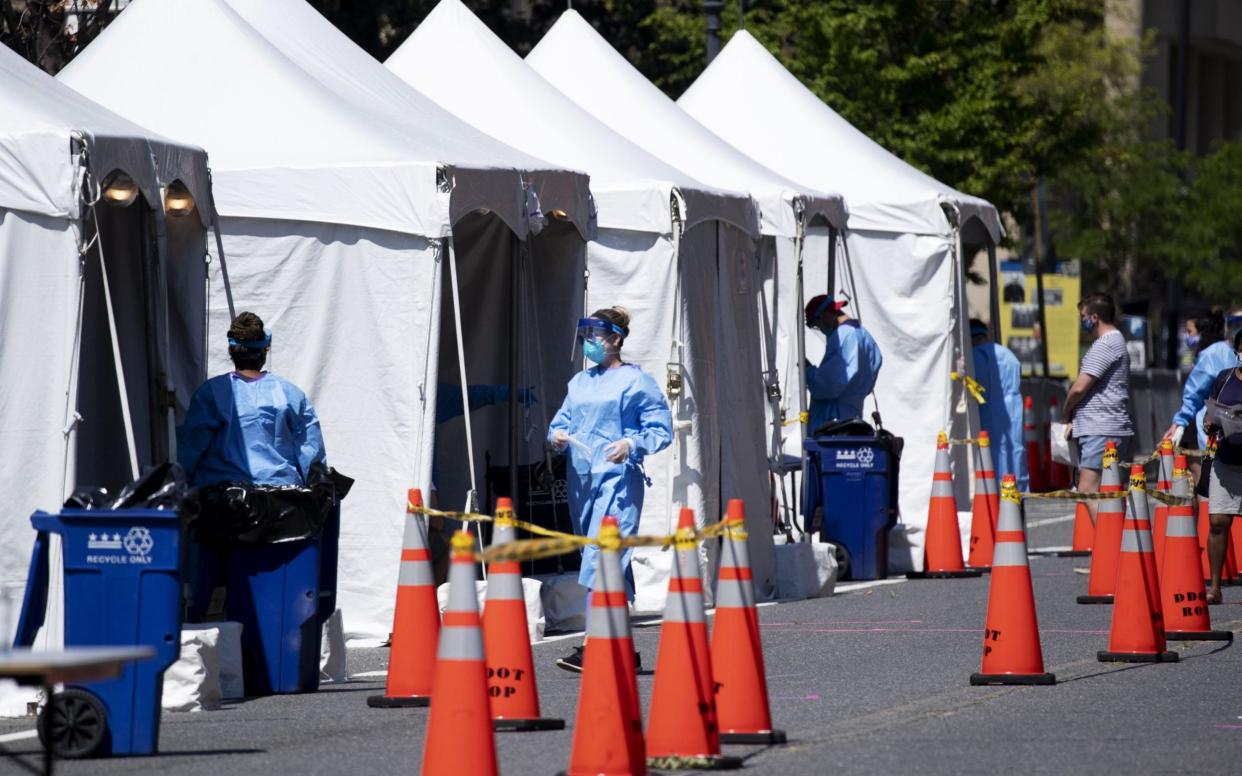'Long, hard road' ahead on Covid-19 for many countries, WHO warns


Countries that do not use every option available to them to tackle coronavirus face a "long, hard road ahead", according to the World Health Organisation (WHO).
Speaking at the regular virtual press briefing in Geneva, Director General Tedros Adhanom Ghebreyesus said the pandemic was still raging and countries - and individuals - needed to keep up their efforts in order to stay safe.
"Some countries have not used all the tools at their disposal and have taken a fragmented approach," he said. "These countries face a long, hard road ahead."
Presenting figures demonstrating once again that the virus is only accelerating as it spreads to new parts of the globe, around six months after it first erupted in China, Dr Tedros said that the WHO has seen 160,000 new cases registered every day this week.
"Sixty percent of all Covid-19 case so far have been reported in the past month," he said.

More than 10.5 million people have been infected globally and more than half a million have died since coronavirus first emerged in the Chinese city of Wuhan.
However, Dr Tedros said it was not too late for any country to improve things.
"One of the lessons of the Covid-19 pandemic is that no matter what situation a country is in, it can be turned around. It's never too late," said Dr Tedros. He pointed to Italy and Spain, which at their peak had thousands of new cases a day, but which brought the disease under control with strict lockdowns.
The WHO has continually stressed the need for a holistic approach involving both individuals and governments, involving measures as simple as hand washing right up to a fully functioning contact tracing system.
During the briefing, emergencies director Dr Mike Ryan also said the WHO would send two experts from its headquarters to join its team in China looking into the scope for a mission investigating the origins of the virus.
He also hit out at how the WHO's existing influenza surveillance programme - which has been involved in tracing coronavirus - has been chronically underfunded.
Finally, Dr Ryan stressed the importance of getting accurate information on the virus, including detail on the current situation in local areas, to allow people to make their own decisions on how to protect themselves.
"If it doesn't feel safe, it isn't safe for you," he said. "We have to learn to live with this virus."
Protect yourself and your family by learning about Global Health Security

 Yahoo News
Yahoo News 
